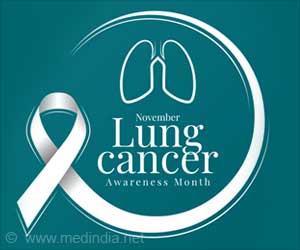“When used correctly, these apps can improve coordination between patients and providers, and enable customized care,” said Saligrama Agnihothri, professor of operations and business analytics at Binghamton University School of Management. The researchers teamed with Dr. Ramanujapuram Ramanujan, an endocrinologist with Diabetic Care Associates in Binghamton, NY who specializes in chronic conditions, for the study.
‘The mobile apps provide customized care to patients suffering from chronic hypertension or high blood pressure and help to improve communication between the patients and physicians.’
What causes hypertension?
Hypertension is a condition that occurs when the blood pressure is higher than the normal value 120/80 mmHg. It is a cardiovascular disease that occurs when the wall of the arteries becomes thin due to fatty deposits (arthrosclerosis).Certain diseases like diabetes and obesity can also increase the risk of hypertension. Chronic blood pressure can cause heart failure, stroke, and kidney diseases.
Mobile Apps to Monitor Hypertension
Ramanujan had developed a user-friendly mHealth app that facilitated patients to easily upload blood pressure readings on a regular basis. The app also included a chat feature, allowing direct communication between the physicians and patients.
The study was conducted on 1600 hypertension patients and they were asked to upload the blood pressure readings regularly in the mhealth app.
The results were compared between patients using the app and the patients not using the app. Researchers kept track of the change in patient blood pressure from office visits over the course of four years and revealed that:
The patients who used the app were able to control their blood pressure as the communication between them and the physician had increased.
The physicians were able to give them customized treatment. The chat feature in the app increased the communication between the patients and the physician and they were able to treat them based on the blood pressure readings entered in the app.
“The app increases patient engagement by allowing them to take an active role in managing their health. It gives them a feeling of empowerment and encourages them to follow through on the patient self-care that is often a key part of improved outcomes.” said Agnihotri -professor at Binghamton University School of Management.
The authors believe that the mobile apps could allow for more customized care and help adults over the age of 65 years.
Research has also shown that the usage of the app is cost effective and has reduced the pressure on the physicians as the data can be monitored by the staff.
Source: Medindia



